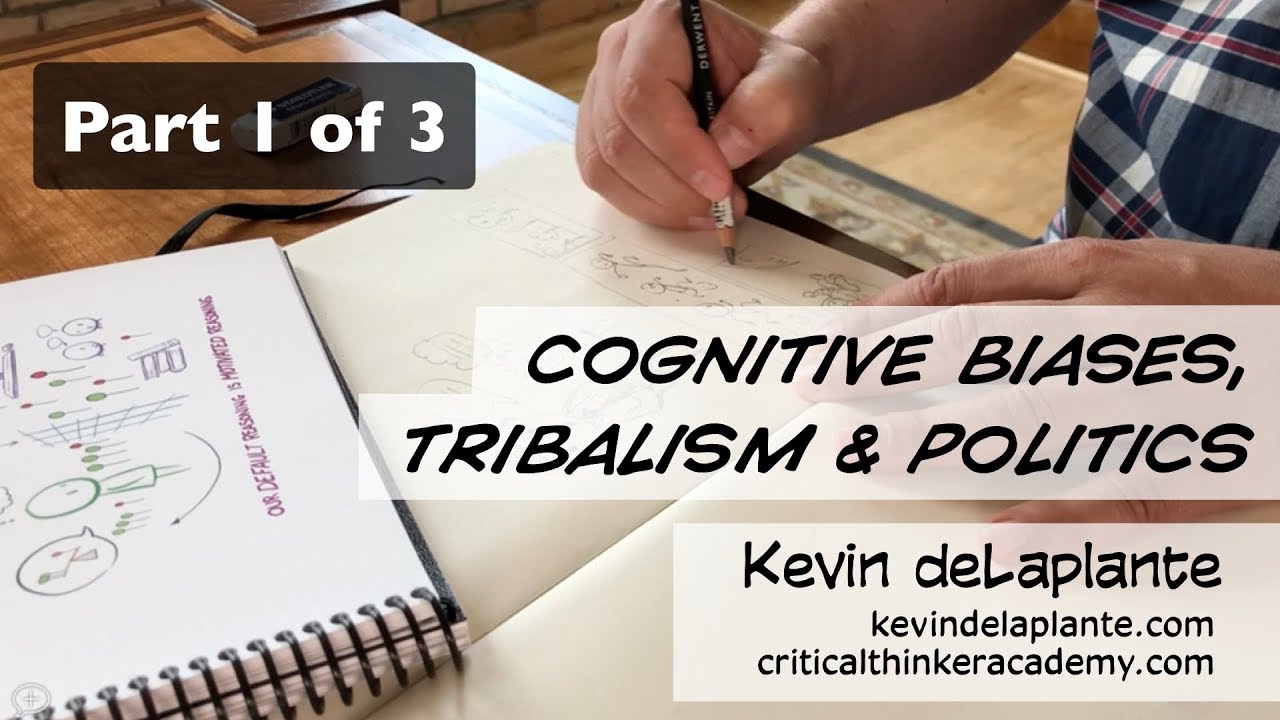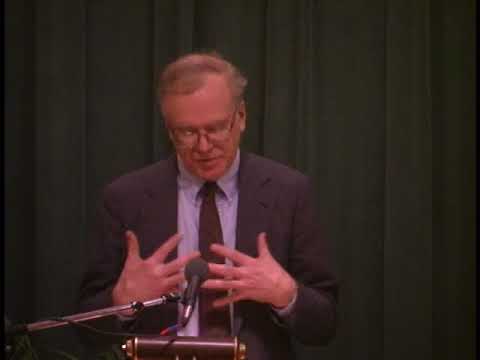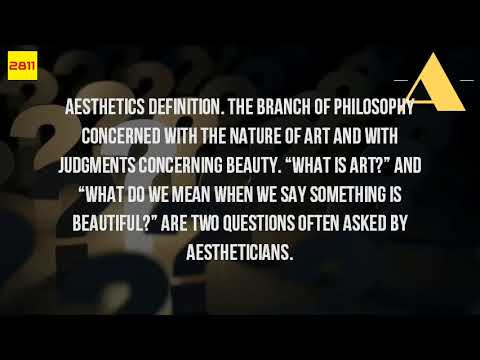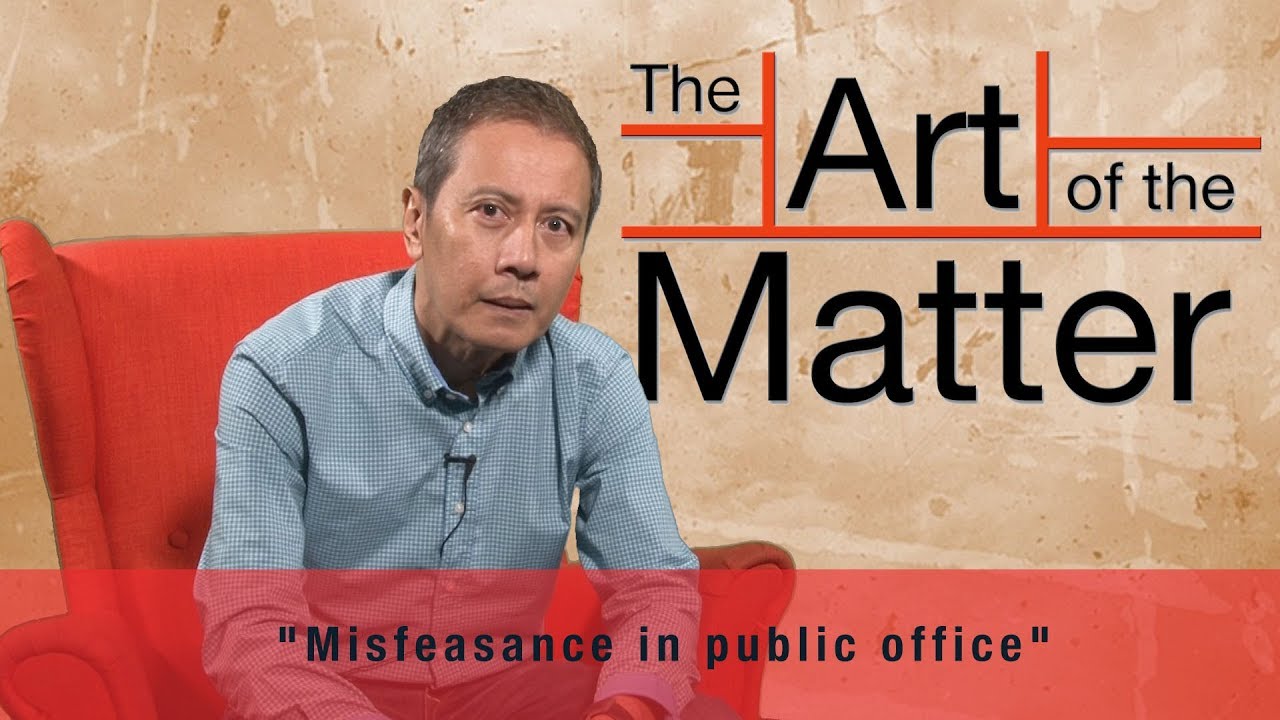In this set of videos I present a framework for thinking about how polarized political and cultural environments interact with our natural tribal psychology to create “pathological tribalism”. I show how under pathological tribalism our ability to think critically and independently is compromised—this environment is hostile to critical thinking.
Notes and references on the topics discussed in these videos can be found here:
https://kevindelaplante.com/cognitive-biases-tribalism-and-politics
I’d like to thank all of my patrons on Patreon, without whose support I could not produce these videos! If you like what you see and want more, please consider becoming a Patron!
https://patreon.com/kevindelaplante
Subscribe to this YouTube channel: https://bit.ly/2Syte8S
Topics Covered in These Videos:
1. Cognitive Biases, Tribalism and Politics (Part 1 of 3): We Can Value More Than One Kind of Thing
https://youtu.be/2NjOzvM41zM
– the “two movies” phenomenon (Scott Adams)
the distinction between “psychological” value pluralism and “philosophical” value pluralism
– what is affect bias?
– what is cultural cognition?
– your “value channel profile”
2. Cognitive Biases, Tribalism and Politics (Part 2 of 3): Attention, Focus and Exaggeration
https://youtu.be/M4x4p3kmWQc
– what is the focusing illusion?
– what is availability bias?
– what is the mere-exposure effect?
– how do these cognitive biases interact to create an exaggerated and distorted perception of reality?
3. Cognitive Biases, Tribalism and Politics (Part 3 of 3): How Polarization Makes Us Mean and Stupid
https://youtu.be/PIAJxU5DO7s
– a three-channel model of political values
– value channel profiles for the libertarian, the progressive liberal, and the conservative
– can I be a libertarian AND a progressive liberal AND a conservative?
– sources of “pathological tribalism”
– analogy: Black Mirror, “Men Against Fire”
– trading off critical thinking values and political values
These videos were created by Kevin deLaplante. You can learn more about who I am and what I do at
https://kevindelaplante.com
Note: Patrons get access to all of the video tutorial content over at the Critical Thinker Academy:
https://criticalthinkeracademy.com
Subscribe to my podcast (the Argument Ninja Podcast):
https://apple.co/2RDvN9G
Follow on Facebook:
https://facebook.com/CriticalThinkerAcademy
Follow on Twitter:
https://twitter.com/kevindelaplante
Kevin deLaplante
Source




IMO, two other factors driving values are (1) one’s theory of what a human being is, and (2) one’s upbringing in the first three years of life. Regarding (1): Most people cannot articulate what their theory of being human is; however, it can be inferred from talking to someone and observing their behaviors; or with respect to one’s own theory, self-reflection. For example, if one believes in the Old Testament God, and humans possess both original sin and free will, these beliefs will shape one’s values toward self-responsibility, tend to foster lack of empathy for people who “don’t pick themselves up by their bootstraps,” and serve as justification for punishing law breakers. In contrast, one who does not believe in free will is likely to have more empathy for others, and look to prison systems to rehabilitate, not punish, law breakers. Regarding (2): Based on work done by the neuroscientist David Eagleman, a baby is born with virtually no synaptic connections; but after birth, they “connect” at a rate as high as 2 million connections per second. During the first three years of a baby’s life, the brain ultimately creates twice as many synaptic connections as one has in adulthood (i.e., after the age of about 25-27). During these first three years, about 50% of these connections are pruned. One’s environment is responsible for this pruning. Synapses not used, get pruned. This affects the brain till death and influences how one’s worldview takes shape. Imagine being raised during those first three years in a broken household, with a missing father, a drug dependent mother, never have been read to, never having had a good role model, et cetera. Biology is not necessarily destiny, but it can lay the groundwork of cognitive biases later in life, that are very difficult for one to detect.
There is an old Arab Bedouin saying: "I against my brothers. I and my brothers against my cousins. I and my brothers and my cousins against the world". Political cognitive biases exist because we evolved to fight. If aliens invaded earth human politics would be harmonious….at least until all of us ended up in the Kanamit's soup.
Thanks for this video Kevin, I really enjoy your videos and learn a lot from them!
Thank you for this series and all the time you have put into everything that you do. I am in the process of developing my own voice and perspective and I have so much learning to do. I am really appreciative of your course (I am currently taking your Udemy course) and all the content you have available as I continue to develop my skills and understanding. This topic is one I have a profound interest in. Really excited to learn more about it. Thank you once again.